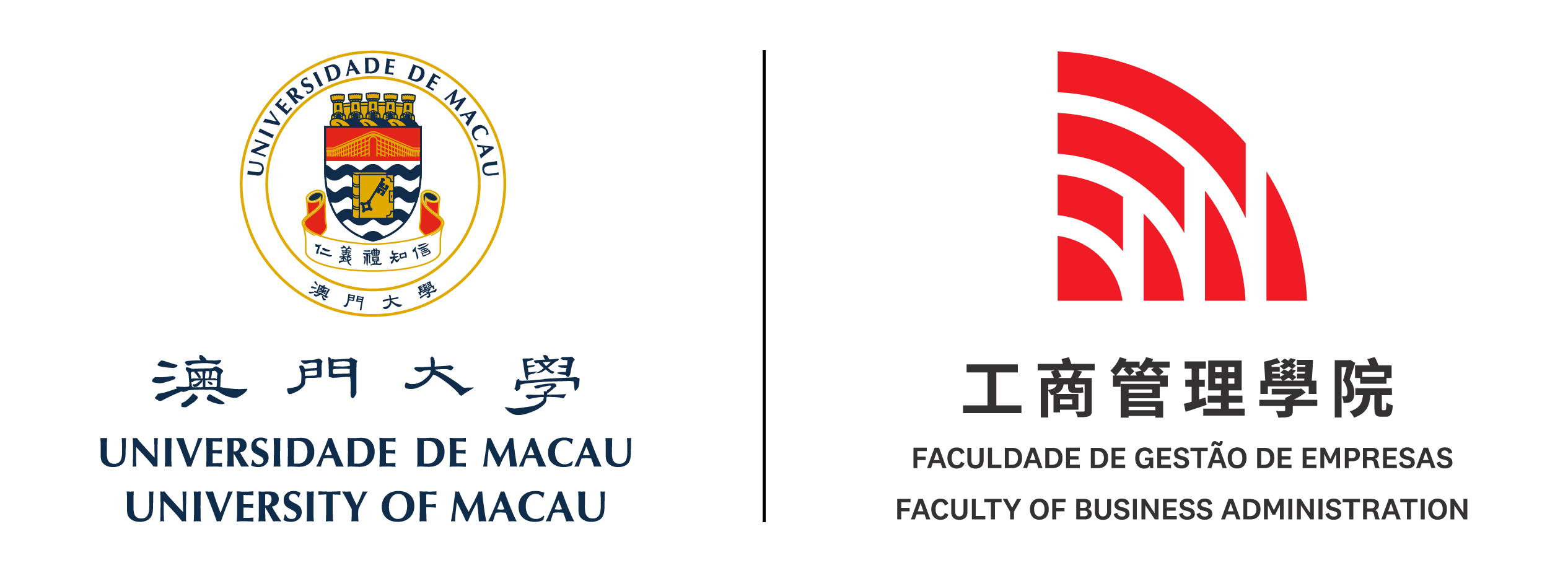Introduction
Chao LIU (first author), a Ph.D. student in the Integrated Resort and Tourism Management program under the Faculty of Business Administration at the University of Macau, has recently published his paper titled “A Dynamic Theoretical Model Based on Compensatory Ethics: How Religious Belief Shapes Tourists’ Pro-Environmental Behavior” in the Journal of Hospitality & Tourism Research (JHTR), a leading journal in the tourism field. The research was conducted under the guidance of his supervisor, Associate Professor Yuansi HOU
Publication:
Liu, C., Hou, Y., Gu, R., & Cai, Y. (2025). A Dynamic Theoretical Model Based on Compensatory Ethics: How Religious Belief Shapes Tourists’ Pro-Environmental Behavior. Journal of Hospitality & Tourism Research. https://doi.org/10.1177/10963480251313491
Abstract:
While neoclassical economics assumes individual behavior is driven by utility maximization, this perspective overlooks morality as a critical factor influencing tourists’ actions, particularly in religious tourism and pro-environmental behavior contexts. To address this gap, the study employs a compensatory ethics model to explore how religious beliefs shape tourists’ environmental behaviors. Combining theories from religious tourism, behavioral economics, and sociology, the research develops a dynamic theoretical model using data from the World Values Survey and field investigations. Findings reveal that religious beliefs reduce tourists’ time preferences and positively influence pro-environmental behaviors, with distinct behavioral intentions observed during moral licensing and moral cleansing stages. The study also offers practical insights for religious tourism stakeholders.
About the Author:

Chao LIU holds a Bachelor’s degree in Economics from Beijing Institute of Technology and a Master’s degree in Economics from Renmin University of China. His interdisciplinary research focuses on traditional culture, aging populations, behavioral economics, sociology, and psychology in tourism contexts. He has contributed to national-level research projects and published articles in both Chinese and international journals, conferences, and media outlets. He also brings extensive industry experience to his academic work.
The following parts reflect Chao LIU personal reflections on thesis publication and his doctoral study experiences.
Sitting at my desk late at night, watching the leaves glisten under streetlights, I reflect on the year-long journey of conceptualizing, collecting data, writing, and revising this paper. As a Ph.D. student, this publication represents not only an academic milestone but also a practical application of classroom knowledge to real-world research.
During my first year, three core courses—Advanced Research Methods, Contemporary Research in Hospitality and Gaming Management, and Research Writing—provided the intellectual framework and tools that guided this study. Below, I share insights from this journey.
[1. The Art of Methodology] With a background in economics, my prior research emphasized data and models, often sidelining theoretical depth. In tourism studies, however, theoretical and practical contributions are paramount. Professor Li MIAO’s Advanced Research Methods class taught me that innovation begins with respect for existing paradigms and the courage to bridge disciplines. By integrating economic methodologies with tourism’s theoretical focus, I developed a model that combines baseline empirical relationships with explanatory mechanisms. While limitations remain, this process underscores that classroom learning cultivates academic thinking—from literature critique to theory construction—equipping students to adapt and innovate.
[2. Identifying Gaps: The Key to Contemporary Tourism Research]
A good study starts with observing real-world phenomena but thrives on identifying scholarly gaps through rigorous literature review. Professor Anthony WONG’s Contemporary Tourism Research class trained us to act as both “telescopes” and “microscopes,” systematically analyzing trends while spotlighting understudied niches. My research on religious tourism’s intersection with environmental behavior emerged from this critical lens. Balancing localized relevance with global academic discourse requires theoretical grounding and creativity—a challenge every scholar must navigate.
[3. The Balance of Academic Writing]
Translating ideas into coherent text demands balancing rigor with readability. Professor Raymond LOI’s Research Writing course emphasized structuring arguments to address controversies, build mid-range theories, and weave logical chains through literature and methodology. The introduction, for instance, should “tell a story” using an inverted pyramid approach: presenting data-driven research questions before identifying gaps. Refining this narrative ensures theoretical precision and resonance with readers—a skill honed through continuous practice.
Conclusion
In retrospect, the intimidating jargon, models, and theories encountered in coursework are foundational tools. Mastery transforms users into innovators. As the saying goes, “Build high walls, stockpile provisions, fortify positions, and fight steadfastly”—a metaphor for laying solid academic foundations through classroom learning. May we all stay healthy and productive in our scholarly pursuits.

